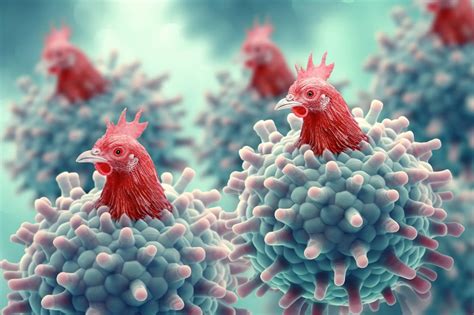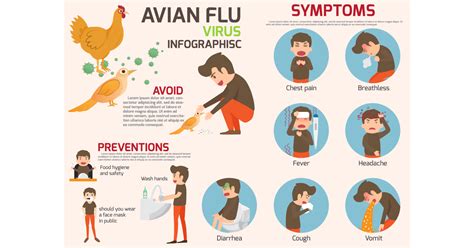Exploring a Natural Alternative to Pharmaceutical Solutions
In recent research, scientists have made strides towards uncovering a potential natural alternative to drugs like Ozempic, which are commonly used in regulating blood sugar levels and sugar cravings. This breakthrough revolves around identifying a gut microbe and its metabolites as key players in orchestrating a natural process akin to the effects of pharmaceutical interventions.
The Role of Gut Microbes and Metabolites in Regulating Blood Sugar
The study conducted by researchers at Jiangnan University in China delved into the relationship between gut microbes, specifically Bacteroides vulgatus, and their metabolites in influencing blood sugar regulation. By manipulating the abundance of this particular gut microbe in diabetic mice, the researchers were able to trigger the secretion of glucagon-like peptide-1 (GLP-1), a hormone crucial for controlling blood sugar levels and inducing feelings of fullness.
Understanding GLP-1 and Its Implications on Diabetes Management
GLP-1 is a naturally occurring hormone that plays a vital role in regulating blood sugar levels within the body. Individuals with type 2 diabetes often exhibit impaired GLP-1 function, leading to difficulties in managing blood sugar effectively. Drugs like semaglutide, found in Ozempic, mimic the actions of GLP-1 to aid in diabetes treatment by supplementing this deficient hormonal response.
Gut Microbes’ Influence on Sugar Preferences
Moreover, emerging evidence suggests that gut microbes such as Bacteroides vulgatus may influence an individual’s preferences for sweet foods. The absence or reduction of specific gut proteins, like Ffar4, can impact the composition of gut colonies and subsequently affect the release of hormones like fibroblast growth factor 21 (FGF21), which is associated with sugar cravings.
Potential Implications for Human Health
While initial studies have primarily focused on mice models, there are promising implications for human health based on these findings. Genetic variants related to FGF21 have been linked to increased tendencies towards consuming sugary foods among individuals. The interplay between gut microbiota, metabolic byproducts, and hormonal responses could offer novel insights into addressing not only diabetes but also broader dietary preferences and metabolic health issues.
Towards Future Applications and Diabetes Prevention Strategies
As researchers continue to unravel the intricate connections between gut microbiota, hormones like GLP-1 and FGF21, as well as dietary behaviors, there is growing optimism regarding leveraging these natural pathways for diabetes prevention strategies. By elucidating how certain gut microbes influence hormonal secretions related to blood sugar control and cravings, this study opens up avenues for potentially harnessing natural mechanisms within the body for improved health outcomes.
This groundbreaking study sheds light on a holistic approach towards managing diabetes through understanding the intricate interplay between gut microbiota composition, metabolic processes influenced by microbial metabolites, and hormonal regulations pivotal for maintaining balanced blood sugar levels.









Leave feedback about this